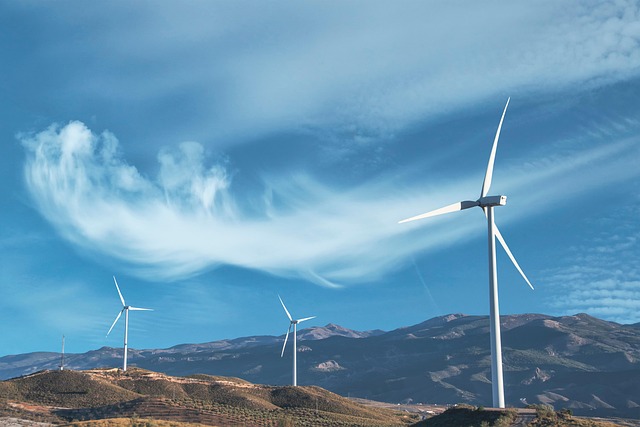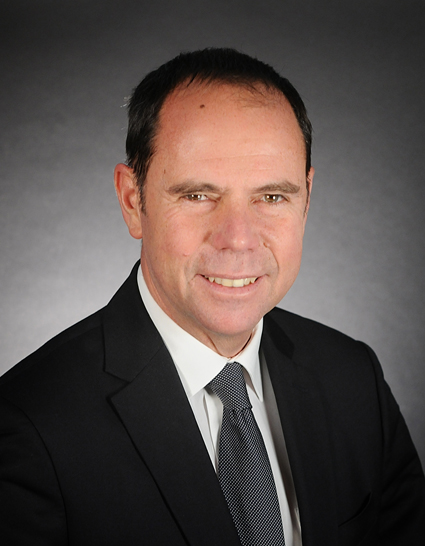In the beginning, it was only meant to be a bill for correcting a minor issue – practically a typo or oversight on the part of the legislator.
Faced with the calendar rectified by reality (as long as the opposite wasn’t true), François de Rugy, Minister of the Ecological and Solidary Transition, confirmed before the senators last October that the 2015 Green Growth Act (LTECV) would be ‘slightly’ altered in order to take into account the postponement of the objective of reducing nuclear power’s share of the energy mix at 50%.
But enacting legislation on energy in general and on nuclear power in particular often results in opening a Pandora’s Box. Between the Yellow Vests crisis on one side and EDF’s financial situation on the other, the question of Regulated Selling Prices (TRVs) for electricity and therefore of Regulated Access to Historic Nuclear Electricity (ARENH) didn’t take long to invite itself into the debate.
As a matter of fact, it’s the government who first took action in order to neutralise the impact of the rise in TRVs by 5.9% on the 1st of June:
On the same day that the draft legislation was presented to the Council of Ministers, 30 April, François de Rugy explained on BFMTV that a new method for calculating regulated electricity prices would be implemented in 2020. ‘I’m not resigned to this calculation method that was passed twice in Parliament under a right-wing majority in 2010 and a left-wing majority in 2015,’ declared the Minister of the Ecological and Solidary Transition, ‘the current calculation method doesn’t reflect the costs of producing nuclear energy. In the future Energy and Climate law, I suggest we change this calculation method. It will be applied from 2020 and will adhere more closely to production costs,’ underscored François de Rugy.
For his part, Jean-Bernard Levy, on the day before the increase was applied, was calling for those involved to ‘consider lowering taxes on electricity, since it does not emit carbon dioxide.’ ‘I remind you that, when we pay an electricity bill, we’re paying more than one-third in taxes.’ It’s like paying VAT at a rate of 55%,’ explained the Chief Executive of EDF, while acknowledging that ‘in other countries, there are high taxes on electricity more or less everywhere’.
And this intervention provided the minister with the opportunity to press on a few sore spots: ‘We won’t improve EDF’s situation by rejecting our responsibilities on taxes,’ responded François de Rugy, adding:
- ‘EDF is in debt because it can’t cover its production costs with its revenues’;
- ‘Every year, the Court of Auditors condemns the fact that EDF’s employees only pay 10% of the typical price for their electricity.’
Even the Constitutional Council gave a contribution: although the end of the regulated gas price had been accepted, the Constitutional Council censored the articles of the PACTE law [Action Plan for Business Growth and Transformation] regarding this termination. This measure, considered to be a ‘legislative rider’, will naturally be reinstated, via an amendment in the energy and climate law.
Finally, the government lay down its own ARENH amendment (amendment no. CE357) on 14 June.
This amendment proposes that the cap for the ARENH ceiling be set at 150 TWh from 2020 (the ceiling is, strictly speaking, set by a decision within the limits of the cap for the ceiling set by the law).
But this amendment also stipulates opening up the possibility for the Government to modify the ARENH price by a decision in order to take into account the financial impact of the ceiling increase on EDF, by extending the validity of the dispensation upon the system’s implementation through Article L337-16. Of course, ‘the evolution of these parameters and its calendar will be put to discussion between the Government and the European Commission’…
therefore, the draft legislation presented to the Council of Ministers on 30 April last will eventually not be limited to:
In Article L. 100-4, section I, 5° of the Energy Code, the words: ‘reducing nuclear power’s share of electricity production to 50% by 2025’ are replaced by the words: ‘Reducing nuclear power’s share of electricity production to 50% by 2035′.
And the next law is already being prepared: while presenting its amendment, the government mentioned the preparation of a new regulation that will succeed the ARENH, and could even replace it before its established 2025 end date, with the aim of ‘guaranteeing that consumers are protected against rising market prices beyond 2025 by allowing them to enjoy the competitive advantage related to the investment made in the historic nuclear fleet, all while giving EDF the financial ability to ensure its production fleet’s economic sustainability, even in low-price scenarios.’
Stay tuned…
Philippe Boulanger






